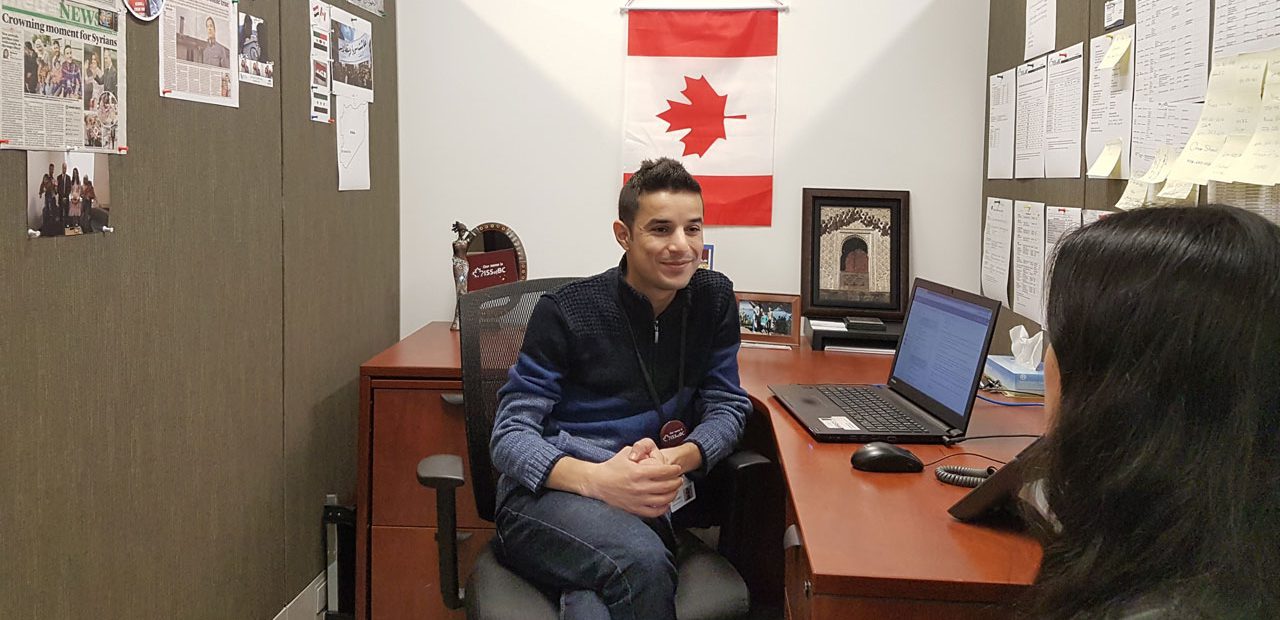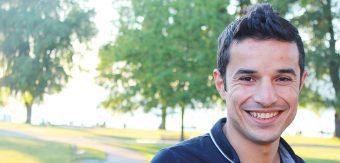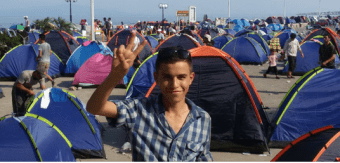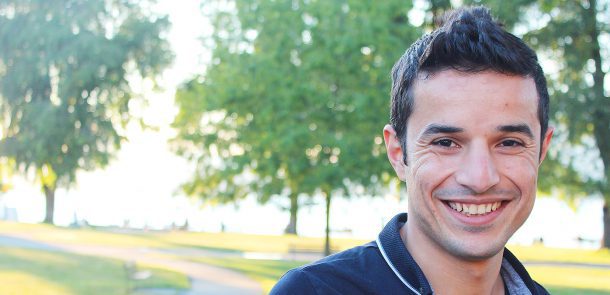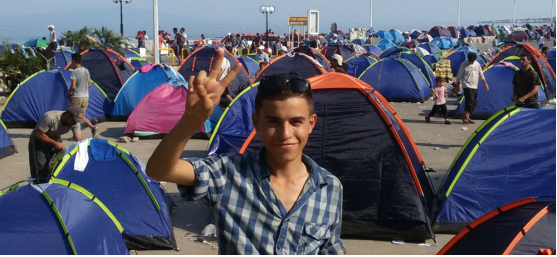Part 3 of a four-part series about how one Syrian refugee is adjusting to life in B.C. Read Part 1 and Part 2 of Mohammed’s story.
Many Canadians take a lot of things for granted. These things might be simple and basic, yet newcomers have to learn what I refer to as the ‘silent challenges’ of immigrating.
I still remember the first time I ordered coffee in Canada. It was at a Starbucks, which is banned in “socialist” countries. The word “coffee” was not enough for the barista! She was waiting for more instructions. In Syria, coffee is just coffee. Here, coffee can be so many things—things that end with ‘chino,’ start with ‘frappe,’ must be ‘skinny, tall, short, soy,’ or what?!
It was only a few weeks earlier that I was in Beirut at the Canadian Embassy and heard the best three words in my life spoken by the Canadian immigration officer who interviewed me. “Welcome to Canada.”
November 25, 2014
On that rainy Tuesday, the Canadian chapter of my journey started. I shared a room with another single young man from Iran during a two-week stay at ISSofBC’s Welcome House in Vancouver, where I met other refugees from around the world. I was waiting to get my paperwork done and looking for a place to rent, but the warm reception I received from Canadians made me feel I was home. During my stay there I was assigned a counsellor who helped me with everything I needed to start my life in a new land.
Challenge #1 was housing
Finding an affordable place in one of the most expensive housing markets in the world was really tough. This was hard to do especially because of the limited financial support provided to refugees. As a single adult, my monthly allowance of $809 had to cover rent, food and transportation. These numbers are equivalent to the provincial welfare rates which haven’t been reviewed since 2007. But with help from ISSofBC’s housing search workers, I moved into a relatively affordable basement room in New Westminster.
To be Canadian, just be yourself
Syria is a land of diversity which made overcoming cultural barriers easier. It can be described as the Canada of the Middle East, although a bit small. I am a living example of Syrian multiculturalism because my father is an Arab from a Muslim family while my mother is an Armenian from a Christian family who survived the Armenian Genocide during WWI (fleeing to Syria as refugees). In addition, our family lived in a Kurdish neighbourhood in Syria. Realizing that Canada is not a melting pot, integration was not a challenge. I found out that all you need to do to become Canadian was to just be yourself and embrace diversity as a source of social cohesion.
Starting out in Canada with a debt of $11,000
I was now far away from the war in Syria by the grace of the Resettlement Assistance Program (RAP), which helps refugees identified by the UNHCR to come to Canada. I arrived as a Government-Assisted Refugee, and was told that as a landed immigrant I would be provided with financial support for one year. Moreover, I was offered an immigration loan to cover the cost of my medical tests and flight expenses. When I was told this at the Canadian Embassy in Beirut I was a little stunned but had hope in humanity again.
After arriving here I decided I wanted to continue my training to become an oncologist and fulfill my dream of treating cancer. At UBC’s Faculty of Medicine, I learned I couldn’t transfer my Syrian credentials and would have to start from scratch if I wanted to pursue medical studies (another 10 to 12 years of schooling). I’ve since decided to take the health care assistant diploma as a stepping stone into the Canadian health care system and took out a student loan to fund my education. Combined with the immigration loan I’ve started my new life here over $11,000 in debt. Reducing this debt is one my my current challenges as a new Canadian.
In my next and final post I will share how I have been able to overcome many challenges and turn my own journey into a career helping other refugees.
To continue following Mohammed’s story – read Part 4.
Mohammed will be speaking at 2018 TEDx Stanley Park. For more information or tickets to the event click here.

